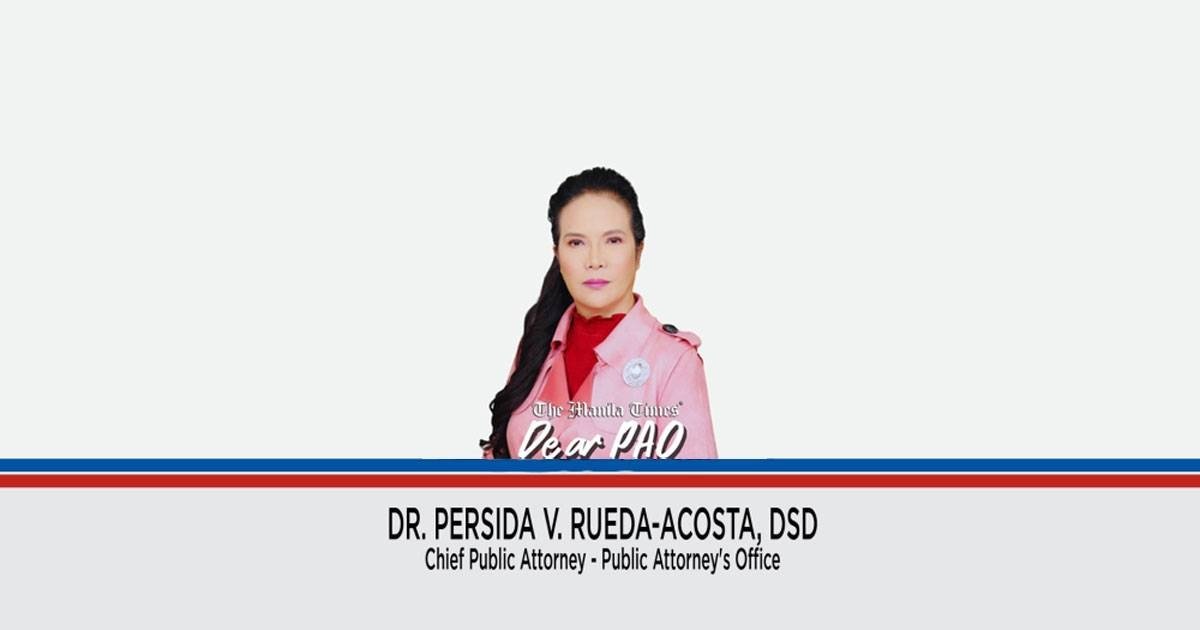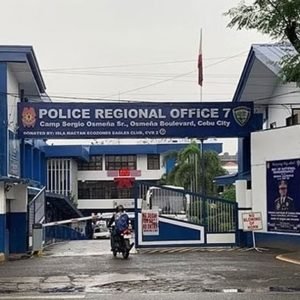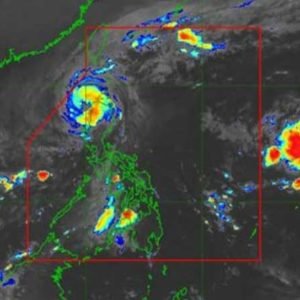
Dear PAO,
My father married Tina five years after my mother’s demise. Last year, I discovered that in 2006, my father and his son with Tina executed an extrajudicial settlement dividing the properties acquired during my father’s marriage to my mother. I asked my father to give me my inheritance, warning him I would file a case to nullify the extrajudicial settlement. He claimed that I could no longer question the extrajudicial settlement since more than two years had already elapsed from the date of the document and the certificates of titles covering the properties were already transferred to them. Allegedly, my action is already barred by prescription. Is it true that I can no longer question the extra-judicial settlement since my right to file a case is already barred by prescription?
Siri
Dear Siri,
Your father might be thinking of or referring to Section 4, Rule 74, of the 1997 Revised Rules of Court, as amended, when he claimed that your right to file an action to annul the extrajudicial settlement that he and his son with Tina are already barred by prescription. The mentioned provision of the rules reads:
” If it shall appear at any time within two (2) years after the settlement and distribution of an estate in accordance with the provisions of either of the first two sections of this rule that an heir or other person has been unduly deprived of his lawful participation in the estate, such heir or such other person may compel the settlement of the estate in the courts in the manner hereinafter provided for the purpose of satisfying such lawful participation. And if within the same time of two (2) years, it shall appear that there are debts outstanding against the estate which have not been paid or that an heir or other person has been unduly deprived of his lawful participation payable in money, the court having jurisdiction of the estate may, by order for that purpose, after hearing, settle the amount of such debts or lawful participation and order how much and in what manner each distributee shall contribute in the payment thereof, and may issue execution, if circumstances require, against the bond provided in the preceding section or against the real estate belonging to the deceased, or both. Such bond and such real estate shall remain charged with a liability to creditors, heirs, or other persons for the full period of two (2) years after such distribution, notwithstanding any transfers of real estate that may have been made.”
The correct application of the afore-stated rule was emphasized in the case of Sampilo et al. v. Court of Appeals et al., GR L-10474, Feb. 28, 1958, where Associate Justice Alejo Labrador said:
“xxx. We are of the opinion and so hold that the provisions of Section 4 of Rule 74, barring distributees or heirs from objecting to an extrajudicial partition after the expiration of two years from such extrajudicial partition, is applicable only (1) to persons who have participated or taken part or had notice of the extrajudicial partition, and, in addition, (2) when the provisions of Section 1 of Rule 74 have been strictly complied with, i.e., that all the persons or heirs of the decedent have taken part in the extrajudicial settlement or are represented by themselves or through guardians. xxx”
Clearly, the said prohibition does not apply to an heir who did not participate in the extra-judicial settlement. This is also supported by the decision in Delos Santos vs. Delos Santos et al., GR 258887, July 31, 2023, where the Supreme Court, speaking through Justice Mario Lopez, stated:
“WelI settled is the rule that laches and prescription cannot work against coheirs who were deprived of their lawful participation in the subject estate. As found by the courts a quo, respondents had no knowledge of the questioned document until their father’s death. Upon learning that their succession rights were prejudiced, they sought annulment of the deeds within a reasonable time, negating laches on their part. Anent prescription, Article 1410 of the Civil Code expressly provides that an ‘action or defense for the declaration of the inexistence of a contract does not prescribe.'”
Applying the afore-cited decision to your situation, the two-year period, barring an objection to the extrajudicial settlement, will not apply to you since you did not participate in the settlement of the estate of your mother. Prescription cannot work against a co-heir like you who was deprived of her share in the estate left by your mother. Finally, the transfer of said properties in the name of your father and his son with Tina is of no moment, as you may also question it on the same ground.
We hope that we were able to answer your queries. This advice is based solely on the facts you have narrated and our appreciation of the same. Our opinion may vary when other facts are changed or elaborated.
Editor’s note: Dear PAO is a daily column of the Public Attorney’s Office. Questions for Chief Acosta may be sent to [email protected]







